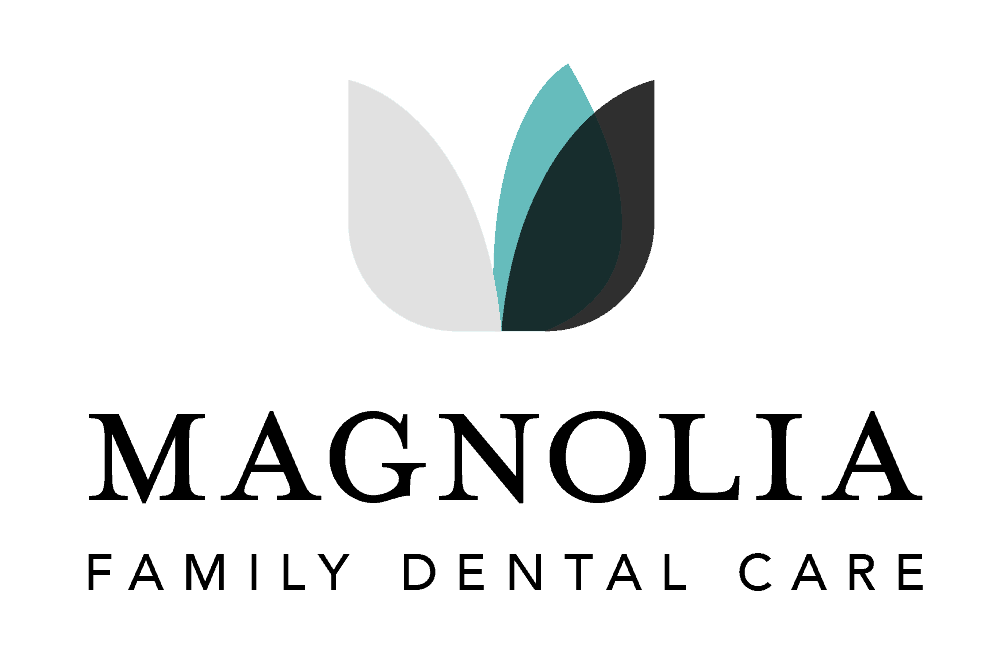
South Tulsa Dental Bridges
What Are Dental Bridges?
South Tulsa Dental Bridges are designed to be a replacement solution for anyone who has a gap between their teeth, or for someone who has lost a tooth. The Dental Bridge can be installed into the patient’s mouth and attached to neighboring teeth that are in good condition to fill in the gap. This type of fixed appliance will help prevent any surrounding teeth from becoming loose for a long period.
What Are The Benefits Of South Tulsa Dental Bridges?
Some of the many benefits of South Tulsa dental bridges are that:
Dental Bridges Help Restore Speech —
Losing more than one tooth can cause someone to speak with a lisp or even struggle to pronounce specific words. To find a solution for this, it is important to go to the root of the problem which is the original loss of the teeth.
Our teeth matter more than we think when it comes to shaping the sound of our speech. Dental bridges can fill in the gaps that cause these speech impediments and help restore things to the way they were before tooth-loss.
Dental Bridges Improve Chewing —
One of the unfortunate side effects of losing teeth is that you may experience a lot of pain whenever you are eating. One of the reasons you experience this kind of pain is because all of the teeth that are around the open gap are moving and shifting towards it. Pieces of food are also able to cause gum damage because they can get stuck in the socket where your tooth originally was.
A dental bridge treatment solves this problem by filling the gap so that the teeth don’t constantly shift and any gaps are always filled.
Dental Bridges Restore Your Smile —
Being self-conscious of your smile is not something you have to live with. So many patients have said that they feel so much more confident after a dental bridge procedure. South Tulsa dental bridges can completely restore your smile so that you can be confident wherever you go.
Dental Bridges Keep Teeth From Moving —
The teeth in our mouths are anchored by very sturdy roots that grow underneath our gums. However, a lot of people don’t realize that these roots aren’t the only thing keeping our teeth where they need to be. The teeth in our mouths are also held in place by other teeth surrounding them.
When a patient has experienced significant tooth loss, its normal to start seeing the surrounding teeth start to lean in towards the spaces where teeth are missing.
An artificial tooth using a dental bridge procedure can prevent the teeth from shifting so that they don’t become loose and cause the loss of even more teeth.
Dental Bridges Help Maintain The Shape Of Your Face —
An uncommonly known fact is that the roots of our teeth stimulate the bone cells in our jawbones. This means that the jawbone will begin to deteriorate when we lose a tooth because it isn’t getting the proper stimulation.
If this kind of deterioration is left untreated, there can be more tooth loss that eventually leads to facial collapse. This has a significant impact on the shape of the face.
A dental bridge will prevent any further tooth loss, which means that the bone cells will get proper stimulation and the face will maintain its natural shape.

What Types Of South Tulsa Dental Bridges Are There?
Different kinds of dental bridges are chosen for a patient based on the individual needs of each patient. These include the following:
1. Fixed Implant Bridges
A fixed implant bridge utilizes implants that are placed in the jawbone and provides the patient with a more permanent solution. This type of bridge is not able to be taken out because a porcelain tooth is secured to the implants.
South Tulsa dental bridges of this kind can protect the structure of your jawbone and aren’t able to be damaged by normal chewing or biting actions. This means you can go about your day talking, eating and smiling like you normally do without having to worry about the bridge becoming unstable.
2. Maryland Bonded Bridges
Another name for this type of dental bridge is a resin-bonded bridge and is normally used to replace front teeth.
The Maryland Bonded bridge is created using porcelain that is fused to a tooth that is metal and is supported by a metal framework. The framework of this bridge has metal wings on the sides that are bonded to your natural teeth.
3. Cantilever Bridges
A cantilevered bridge requires intentional and careful planning well ahead of time because it can potentially cause the abutment teeth to become unstable.
This kind of bridge is used when abutment teeth are prepared on just one side of the gap. The bridge can have the pontic placed towards the back or the front of the mouth depending on the individual needs of the patient.
4. Traditional Fixed Bridges
This type of bridge is the most common and crowns the teeth on both sides of the gap. The porcelain tooth is usually fused to ceramics or metal and is anchored in place by the crowned abutments.
What Is A Dental Bridge Procedure Like?
A dental bridge procedure is not surgical, so there is no need to be put under. If requested, mild sedation may be provided to encourage relaxation if there are any nerves.
Numbing jelly will be applied to your jaw, and medication will be injected into your gums to numb the area of your mouth that will be worked on during the procedure.
Measurements will be taken of your mouth to ensure that your bridge will feel comfortable and will be a perfect fit.
Throughout a Tulsa dental bridge procedure , the local anesthetic should do its job well and you shouldn’t be able to feel any sharp or intense pain. However, because your mouth will need to be open for a long time, it is normal to experience soreness or discomfort in the jaw. This can be resolved with an ice pack or over-the-counter pain relievers.
After the procedure, the recovery time is very minimal, and you can usually eat normally very soon after the bridge has been placed in your mouth.
